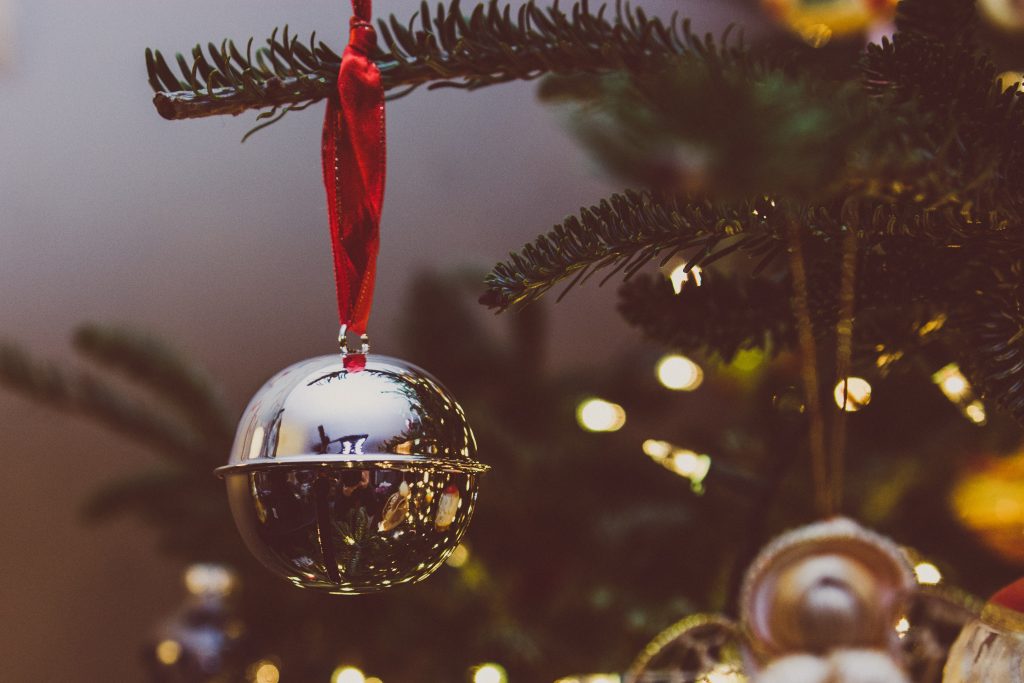
The Holidays and Grief
By Sheri Khan, LPC
The holidays and grief season, full of cheerful festivities, can be exhausting and complicated when you are grieving the death of a loved one. There may be people in your life and at those festivities who are unfamiliar with the roller coaster of grief leaving you feeling that you have to manage their emotions.
Understanding prevalent, disheartening grief myths can be helpful as you navigate these sometimes tricky social interactions. While there are several myths, I’ll cover three, explain why each is unhelpful, and close with ways you can honor your loved one this holiday season.
MYTH #1: CLOSURE
Have you been told that you now have “closure” after the funeral or burial? As if a ceremony alone miraculously stops the hurt. The idea that closure exists – out there somewhere – can put you on an endless search. You don’t know what this magical closure looks like or what feels like; you just know you must have it. If you don’t find it quickly enough, there is something wrong with you. The pressure of closure can be debilitating.
Closure implies a sort of shutoff valve to your grief. On one day and off the next. While grief is part of our human experience, its’ weight will change. Time and time again when grief drops you to your knees, you learn how to shift that weight and carry it just a bit differently.
MYTH #2: LET GO
What about the belief that in order to feel better, you must “let go” of the one who died? Similar to the ever-elusive closure, believing that you must let go is not helpful. This can really be more about others desire to feel better because they are uncomfortable with grief.
When someone you love dies, the unique relationship you share with that person does not also die. You remain connected through both the memories you cherish and love you hold. The relationship changes, but it does not end.
MYTH #3: KEEP IT TO YOURSELF
The people in your life and at the holidays and grief party who are uncomfortable your feelings are also likely to discourage you from talking about it, and thus from seeking any type of support (and it’s OK, it’s where they are in their life journey. Deep breaths.). The idea that therapy and other support such as groups and retreats are unhelpful and unnecessary perpetuates outside of just grief.
As someone who has experienced traumatic grief and arduous life changes, and now provides support to others, I routinely witness the healing power that these sorts of connections offer to those hurting. Know that there are people, like me, who get grief. Been there, done that, earned the Grief Badge along with a few others!
CONNECTION
Because closure isn’t a thing, and letting go doesn’t work, what can be done? There are ways we can cultivate connections. Honoring your loved one in ways both great and small and throughout your day is one of the most healing things you can do and grants you ways to connect.
The holidays and grief are rich with tradition, and the absence of your loved one can be very difficult especially the first several years after their passing. You get to decide if you continue traditions or if you create new ones or a little of both. And, if you decide to do nothing, that’s OK, too. Clients I work with have found comfort in a variety of traditions or rituals such as lighting a candle often, planting a tree or flowers, donating to a charity, cooking special recipes all in the loved one’s honor.
In closing, whether you choose to inform others how you are feeling and address any grief myths that might be presented to you, or if you choose to remain quiet, I am hopeful this information is helpful to you in any small way. May you find ease and patience in your journey. Contact today.